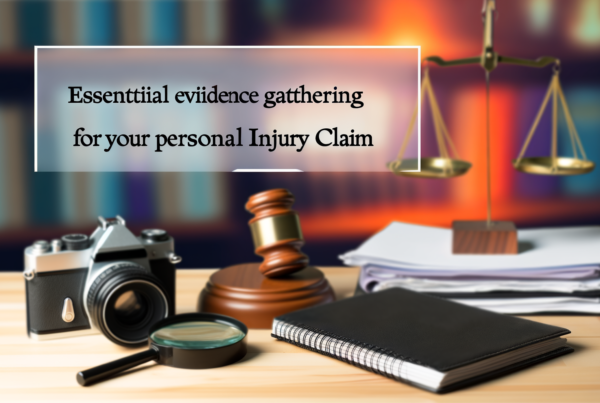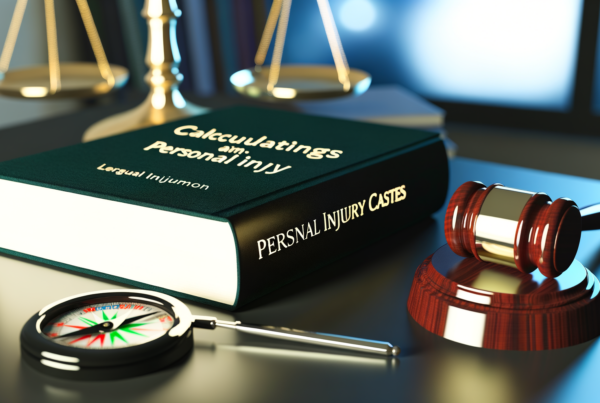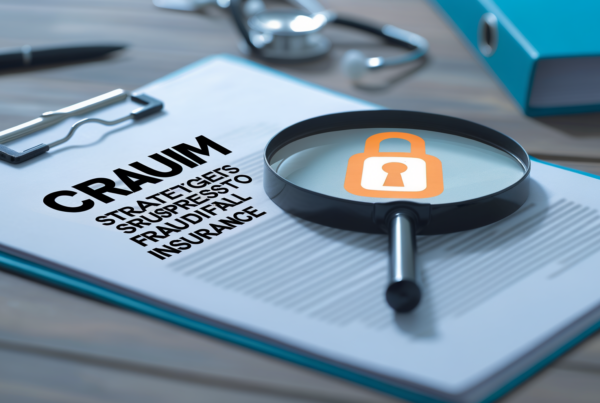Hurricane claims represent a lifeline for many homeowners and businesses recovering from the devastating impacts of these natural disasters. However, far too often, policyholders find their claims denied, leading to frustration and financial strain. Understanding the common reasons behind these denials is crucial for anyone affected by a hurricane. This article will explore the most frequent causes of denied claims, including policy exclusions, documentation issues, and mismatched timelines. Moreover, it will outline effective strategies for appealing these denials, empowering policyholders to navigate the complex claims process successfully. By arming yourself with knowledge, you can increase your chances of receiving the compensation you deserve after a hurricane.
Common Reasons for Denial
One of the primary reasons for hurricane claim denials lies in policy exclusions. Many insurance policies have specific clauses detailing what is and isn’t covered during extreme weather events. Flood damage, for instance, is frequently excluded from standard homeowners’ insurance policies, which can lead to misunderstandings about coverage. Furthermore, a lack of timely reporting can be a significant factor; insurers typically require immediate notification of damage to initiate the claims process. If homeowners delay reporting or fail to document the incident sufficiently, their claims can easily be denied on these grounds.
Poor Documentation
Documentation plays a pivotal role in the claims process. Inadequate or incomplete documentation can lead to denials, making it essential for policyholders to provide comprehensive evidence of damage. This includes photographs, repair estimates, and written accounts of the incident. Insurers expect a clear, organized presentation of information to assess claims accurately. If proof of loss is missing or unclear, it can result in delays or outright denials. Therefore, being diligent in collecting and maintaining records immediately following a hurricane is vital for a successful claim.
Understanding Your Policy
Another common pitfall that leads to claim denials is a lack of understanding of the insurance policy itself. Many homeowners do not fully grasp the intricacies of their coverage, including specific deductibles, limits, and exclusions. This lack of understanding can create misconceptions about what damage is covered and what steps should be taken post-disaster. To mitigate this risk, it is advisable to review your policy documents thoroughly and communicate with your insurance representative to clarify any uncertainties before a hurricane strikes. Knowledge of your policy provisions can empower you to file claims more effectively and prevent unexpected denials.
How to Appeal a Denied Claim
When facing a denial, you have the right to appeal the insurer’s decision. The first step in the appeals process is to request a detailed explanation of the denial to understand the specific reasons behind it. Subsequently, gather additional documentation that addresses the insurer’s concerns, as this can bolster your case. Writing a professional appeal letter is crucial; clearly state your position, reference your policy, and include any supporting documentation. In cases where the insurer remains unyielding, seeking assistance from legal representatives or agencies specializing in insurance disputes may enhance your chances of a favorable resolution. Remember, persistence is key when navigating these complicated processes.
In summary, understanding the complexities surrounding hurricane claims can significantly enhance your ability to navigate potential denials. Policy exclusions, poor documentation, and a lack of understanding of your specific coverage can all lead to claim rejections. By familiarizing yourself with these common pitfalls and engaging in proactive documentation and communication, you can optimize your position when filing a claim. If you find yourself facing a denied claim, remember that an effective appeal strategy is essential, and do not hesitate to seek external help if necessary. Equipped with this knowledge, you are better positioned to secure the compensation you need to recover and rebuild after a hurricane.




